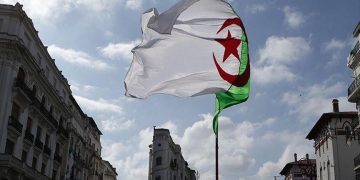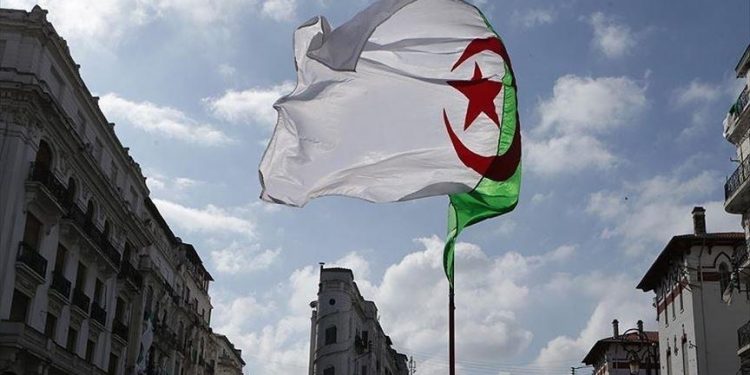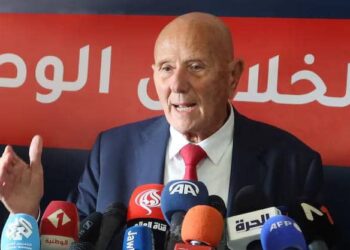Algeria has intensified its demand for France to take full responsibility for nuclear tests conducted during its colonial rule, calling them “nuclear crimes” with long-lasting consequences.
On Thursday, Ibrahim Boughali, Speaker of Algeria’s lower house of parliament, urged France to formally recognise the impact of these tests as the country marked the anniversary of France’s first nuclear detonation on Algerian soil.
“We demand with one voice an official recognition from France of its full responsibility for these nuclear crimes,” Boughali declared during the commemoration.
He emphasised that Algeria would not accept symbolic gestures or vague political statements but expected a concrete moral commitment from France.
The first test, known as Gerboise Bleue (Blue Jerboa), took place on 13 February 1960 in the Reggane desert. Despite Algeria gaining independence in 1962, France continued nuclear tests in the country until 1966, conducting a total of 17 explosions. Boughali stressed that these tests left devastating effects that continue to harm both people and the environment.
He described the nuclear experiments as a “dark chapter” in colonial history, one that still casts a long shadow. Radiation exposure from the tests has had lasting health consequences, while contaminated sites remain hazardous.
Algeria insists that France must not only acknowledge its role but also take responsibility for compensating affected communities and cleaning up nuclear waste.
Diplomatic tensions between Algeria and France persist, largely because Paris has avoided fully confronting the legacy of its 132-year colonial rule (1830–1962).
With unresolved historical grievances fuelling mistrust, Algeria continues to push for justice, while France remains reluctant to engage in meaningful reparations.

































